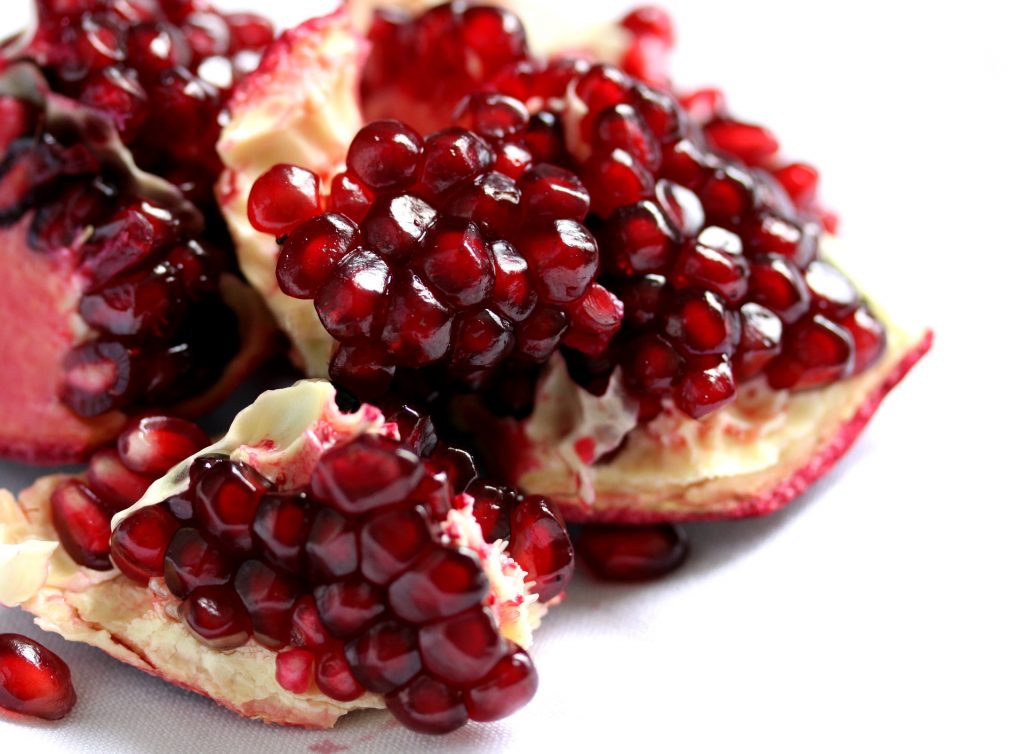
Good nutrition can help fight infection, boost our immune system, and improve our quality of life.
This is especially important as we enter flu season during a pandemic.
While doing all doing we can to prevent getting the flu and COVID-19, we are also very concerned about people with diabetes and their susceptibility to getting sick this season.
‘Tis the season to boost immunity
Our immunity to viruses is complicated, but there are lifestyle habits that can help to keep us healthier this season. For people with diabetes, the most important thing to remember is keeping blood sugars on target. Healthy blood glucose levels support the immune system to operate most efficiently.
“While having diabetes does not put people at greater risk of getting the coronavirus, their state of health if they contract COVID will impact their outcomes.”
To improve outcomes with COVID and diabetes, it is important to keep blood sugars close to the target, especially for those living with co-morbidities such as obesity or hypertension. Diabetes, especially with elevated glucose for a long period of time, may cause inflammation, which also affects the immune system” states Janaki Vakharia, MD, a clinical fellow in the Endocrinology Division at Massachusetts General Hospital.
Nutrition and Vitamins: Immune System Boosters
As a dietitian, I think a lot about how nutrition is a vital component in maintaining or gaining a healthy immune system. A vitamin deficiency of any kind can weaken our immune system and make us more susceptible to getting any virus; specifically, vitamin D and vitamin C.
Vitamin D and C
Vitamin D can help immune cells function to fight off illness and infection. (1) Sadly, 2020 statistics find that 61% of the elderly population has a vitamin D deficiency. We can take vitamin supplements, but whole foods have so much to offer us. For example, salmon packs 988 IU of vitamin D per 3.5 oz and also provides omega-3 fatty acids which help maintain healthy blood vessels and may reduce chronic inflammation. Also, a vitamin C deficiency can impact our immunity. (2)

Vitamin C is naturally occurring in many fruit and vegetables. Lately, I have been intrigued by the pomegranate. My brother has a large pomegranate tree and recently sent me several beautiful pomegranates. I love the tangy-sweet taste of the juice.
Pomegranates & Humans – 8000 Year Love Affair
As I started to research the nutrient content of pomegranates, I discovered that humans have had an 8000 year-long love affair with this fascinating fruit, dating from the very first civilization.
The tree’s root bark has been used to treat intestinal parasites. The skin of the fruit has been used to make ink, and the seed oil is used in cosmetics. Pomegranates are also an ancient symbol of fertility and the tree is pest-resistant while being able to withstand long periods of drought.
The most alluring part of the pomegranate is the vibrant red hue of the seeds. This red pigment contains polyphenols which are powerful antioxidants. This is the medicine of the fruit because these antioxidants are what can help our body reduce inflammation. (3) (4)
Most fruit and vegetables contain antioxidants, but the darker the food’s pigment usually the more medicinal the food. When working with our clients to encourage healthier eating to boost their immune system and decrease inflammation advising them to eat more from the food rainbow is very simple and empowering advice.
Spinach Pomegranate Recipe
To add more color into our diets, I am sharing my Spinach Pomegranate Salad recipe
- 10 oz bag of baby spinach leaves
- ½ cup walnut pieces
- ¼ red onion sliced thin
- ½ cup crumbled feta cheese
- 1 pomegranate peeled and seeds separated
- 4 Tb Balsamic vinaigrette
Toss the spinach leaves with the rest of the ingredients. Serves 4
Written by Dawn DeSoto RD, CDCES, our resident Nutrition Content Writer
References:
- Immunology 2011 Oct; 134(2):123-139 Vitamin D3: a helpful immune-modulator
- Nutrients. 2017 Nov;9(11):1211:Vitamin C and Immune Function
- Oxidative Medicine and Cellular Longevity, vol. 2016, Article ID 7432797, 9 pages 2016 Oxidative Stress and Inflammation: What Polyphenols Can Do for Us?
- Adv Biomed Res. 2014,3:100 Potent Health Effects of Pomegranate
Sign up for Diabetes Blog Bytes – we post one daily Blog Byte from Monday to Friday. And of course, Tuesday is our Question of the Week. It’s Informative and FREE! Sign up below!
[yikes-mailchimp form=”1″]
Accreditation: Diabetes Education Services is an approved provider by the California Board of Registered Nursing, Provider 12640, and Commission on Dietetic Registration (CDR), Provider DI002. Since these programs are approved by the CDR it satisfies the CE requirements for the CDCES regardless of your profession.
The use of DES products does not guarantee the successful passage of the CDCES exam. CBDCE does not endorse any preparatory or review materials for the CDCES exam, except for those published by CBDCE.









